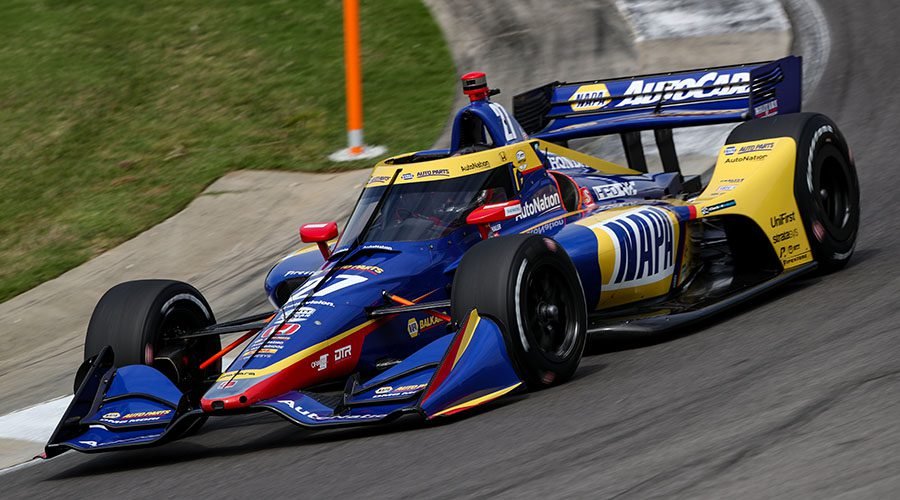International racing is more than just a competition of speed and skill; it serves as a powerful platform for cultural exchange, fostering connections among diverse communities and promoting mutual understanding. From Formula One to MotoGP to rally events, the world of motorsport transcends geographical borders, bringing together fans, teams, and nations. Here’s an exploration of how international racing impacts cultural exchange around the globe.
- Global Audience and Fan Engagement
Motorsport events attract millions of fans worldwide, creating an opportunity for cultural interaction through shared interests. Fans from different countries come together to celebrate their favorite drivers, teams, and vehicles, promoting cross-cultural dialogue.
Key Aspects:
– Diverse Fan Bases: Events like the Formula One Grand Prix cultivate a multicultural atmosphere, with attendees hailing from various backgrounds, increasing interactions and cultural exchange among fans.
– Social Media Engagement: Platforms like Twitter, Instagram, and Facebook allow fans and drivers to engage across cultures, sharing experiences and perspectives that enrich the global motorsport community.
- Promotion of Local Cultures
International racing events often showcase the culture and heritage of the host country, contributing to cultural exchange. This exposure enhances the cultural visibility of the region and boosts local tourism.
Cultural Elements:
– Opening Ceremonies: Races often feature traditional performances, local music, and artistic displays that highlight the host country’s culture.
– Culinary Experiences: Food stalls and local cuisines offered at races provide an opportunity to share and celebrate diverse culinary traditions.
- Development of International Talent
International racing serves as a stage for drivers, engineers, and mechanics from diverse backgrounds to showcase their skills. This environment promotes cultural exchange through collaboration and shared learning experiences across borders.
Talent Development:
– Diverse Teams: Many racing teams comprise individuals from various nationalities, creating a multicultural working environment that fosters teamwork and cultural understanding.
– Training and Mentorship: Aspiring racers gain exposure to different racing styles and strategies, learning invaluable lessons that stem from varying cultural approaches to motorsport.
- Economic and Social Impact
The economic impact of international racing events extends beyond the racetrack, often benefiting local communities and promoting cultural exchanges through increased tourism and infrastructure development.
Economic Benefits:
– Tourism Boost: Major races attract international visitors, leading to cultural interactions between tourists and locals, fostering understanding beyond the realm of sport.
– Job Creation: Local businesses benefit from hosting events, creating jobs and encouraging collaboration between communities and visitors, enriching the cultural fabric.
- Environmental and Sustainability Awareness
As global racing organizations increasingly focus on sustainability, they engage with local populations to promote environmental consciousness and cultural responsibility. This creates a shared goal of preserving the environment that transcends cultural boundaries.
Sustainability Initiatives:
– Education Programs: Many racing leagues implement programs that educate communities about environmental conservation, often engaging with local traditions and practices regarding sustainability.
– Collaborative Solutions: Partnerships between international racing bodies and local organizations can lead to innovative solutions rooted in cultural practices, addressing environmental challenges collectively.
- Women in Racing and Representation
The international racing scene actively promotes diversity and inclusion, creating spaces where women and underrepresented groups can break barriers. This commitment to representation fosters cultural exchange while empowering a broader audience.
Empowerment and Representation:
– Role Models: Increasing visibility of female drivers and engineers encourages cultural discussions around gender equality and representation in motorsports.
– Cross-Gender Initiatives: Programs targeting young drivers of different backgrounds encourage diverse participation in the sport, contributing to social change.
Conclusion
International racing is a vibrant tapestry of cultural exchange, offering countless opportunities for connection, collaboration, and understanding among diverse communities. As racers and fans come together from different corners of the world, the shared love for motorsport fosters a spirit of camaraderie and unity. By celebrating diverse cultures and promoting inclusivity, international racing continues to bridge gaps and build a global community, making the world a smaller and more interconnected place, both on and off the track.











